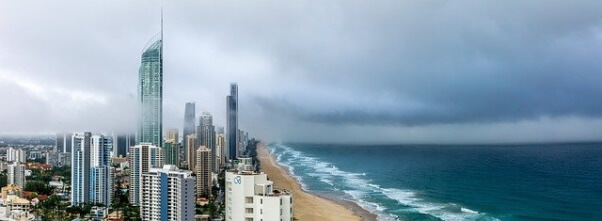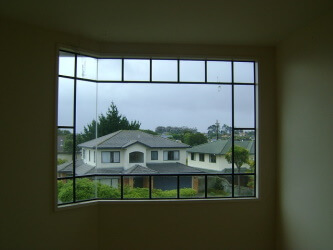How to achieve a higher rental return?
As a landlord, a rental return and increase is something you need to think about as it comes time to offer your current tenants a lease renewal. While it can be tempting to increase the weekly rent for your tenants, there are market forces you need to consider when you’re determining if it’s suitable to increase your rental price for your properties.
Here are the factors you need to consider and eliminate when you weigh up whether to make a rent increase:
Specific Property Costs Don’t Count
If you’ve had to spend money on your property in recent months, this isn’t a strong reason to increase your rental prices.
This is because property-specific costs don’t reflect the wider market which is what creates the basis for raising prices in the first place. For example, an expensive repair to plumbing or structural elements of the property isn’t a wider market factor such as vacancy rates which is a market force. This is where it’s essential to make sure you have a cash buffer for unexpected repairs and maintenance, as general maintenance will not generally affect your rental return.

Vacancy Rates
 The warmer months in Australia are the most popular time for tenants to look for a new property.
The warmer months in Australia are the most popular time for tenants to look for a new property.
The new year, in particular, is popular so if you’re listing one of your properties for rent, this could be an excellent time to increase the weekly rental price for your properties. Just beware if you’re increasing the rent with current tenants, you have to be prepared for the possibility that they may find another property.
This is why it’s essential to consider the broader market and consult with your Astute Realty property manager to consider all market forces, so as to make an informed decision on your rental return.
Livability
Next, consider how your specific house or unit is different from other properties in the area. How attractive is it to potential tenants? Does it have more space? Has it recently been renovated, compared to other buildings in the area?
These are also important questions to ask. If your place is better or worse than the competition, you’ll need to adjust your price accordingly.
Market Performance
 Beyond vacancy rates, you should also take market performance into account as a market force when you’re deciding whether to increase the rental return of your properties. To do this, speak to your Astute Agent and do some research on the property’s suburb and surrounding areas. You’ll need to look at factors such as the median rent, median house price and average rental yield.
Beyond vacancy rates, you should also take market performance into account as a market force when you’re deciding whether to increase the rental return of your properties. To do this, speak to your Astute Agent and do some research on the property’s suburb and surrounding areas. You’ll need to look at factors such as the median rent, median house price and average rental yield.
Finally, when you decide on increasing the rental price of your property, weigh up the cost of vacancy against the rental increase.
For example, if your property is currently rented at $750 per week to rent and you’re considering a $10 increase to $760 per week with the current tenants, do your calculations. Just one week of vacancy will eliminate the potential gains from a rent increase and leave you out of pocket by $230 compared to if you’d kept the rental price the same. Again, this comes back to having an adequate cash buffer set aside in case of extended periods of vacancy at your rental property. At Astute we aim to achieve the highest rental return whilst minimalising vacancy with quality tenants.
What really matters?
There are a lot of factors you need to consider when you’re deciding whether to increase the rental price of your property. The most important factors to consider are market factors such as vacancy rates and market performance as these are things that other landlords will consider too.
Astute Team
Do you want to attract quality tenants, ensure a smoother transition to tenanting your investment and minimise vacancy? Our – 6 Tips For Preparing Your Investment Property For Tenants – will help guide you
